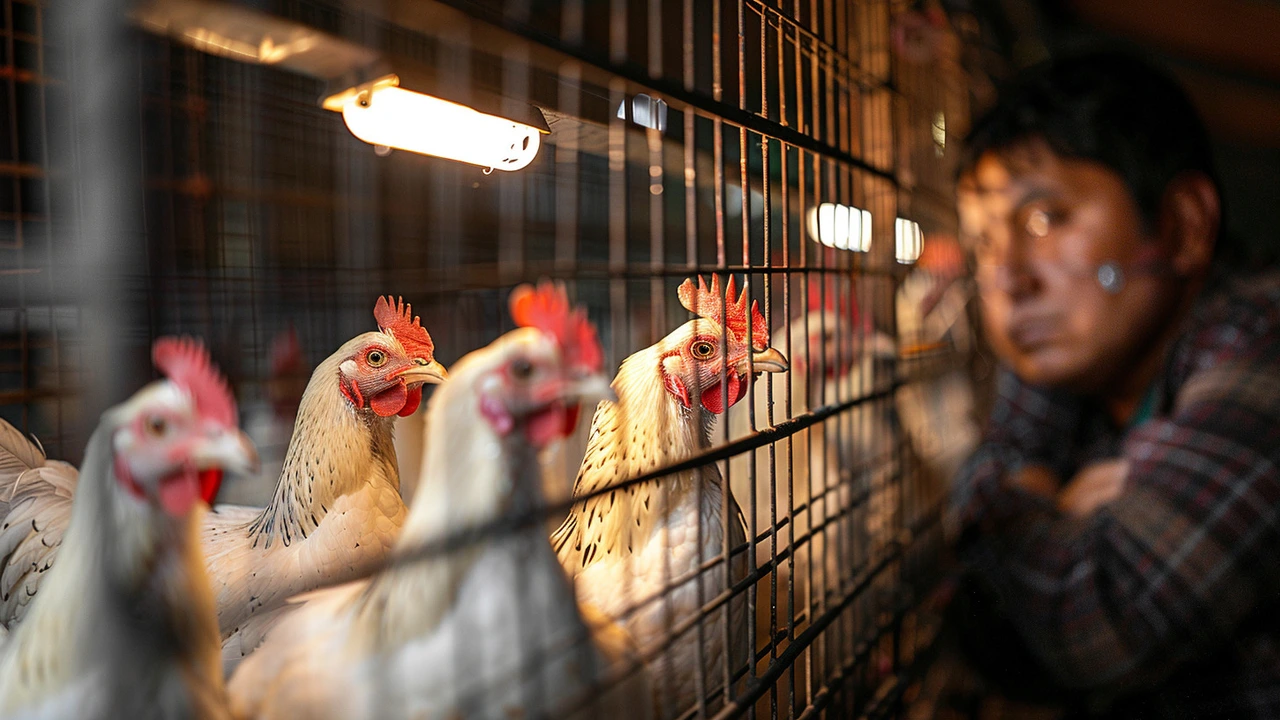Avian Flu: What You Need to Know Today
Avian flu, also known as bird flu or avian influenza, keeps making headlines as it affects poultry farms and wild bird populations worldwide. It's a viral infection that can spread rapidly among birds, sometimes jumping to humans, which makes understanding this disease important for everyone. Here, we break down the essential facts, recent news, and what it means for you and your community.
What Exactly Is Avian Flu?
Avian flu is a virus primarily found in birds but can occasionally infect humans and other animals. It spreads through contact with infected birds, their droppings, or contaminated surfaces. Outbreaks often hit farms hard, leading to large-scale culling of poultry to stop the virus. The flu strains vary in severity—some cause mild illness, while others can be deadly.
Current Outbreak Updates and Impact
Recent reports show ongoing outbreaks in several regions, causing concern among health officials and farmers. These events affect food supply chains, market prices, and raise fears about potential pandemics. Governments and health organizations are actively monitoring the situation, imposing measures like biosecurity on farms and travel restrictions where necessary. Keeping an eye on the latest news helps communities stay informed and prepared.
Understanding avian flu isn’t just about knowing the risks—it’s about learning how to prevent it. Avoiding contact with wild birds, cooking poultry fully, and following health guidelines reduces chances of infection. This disease reminds us how closely we’re connected with nature, and why staying informed is essential.
Keep checking Beyond the Cube Daily News for the latest updates, expert insights, and practical tips on avian flu and other health news. Staying ahead means staying safe.

